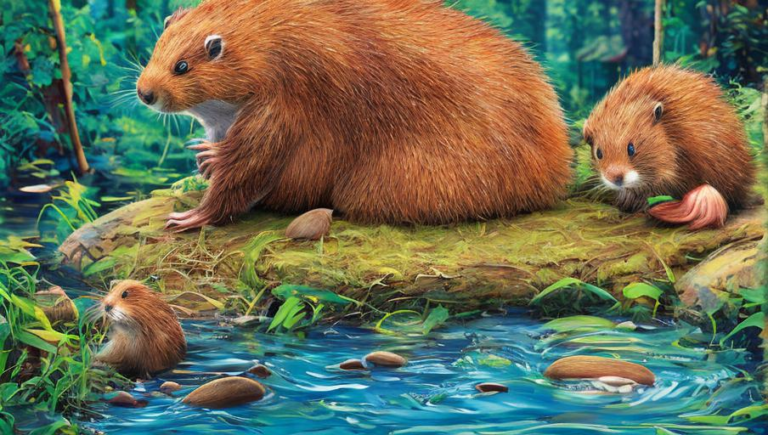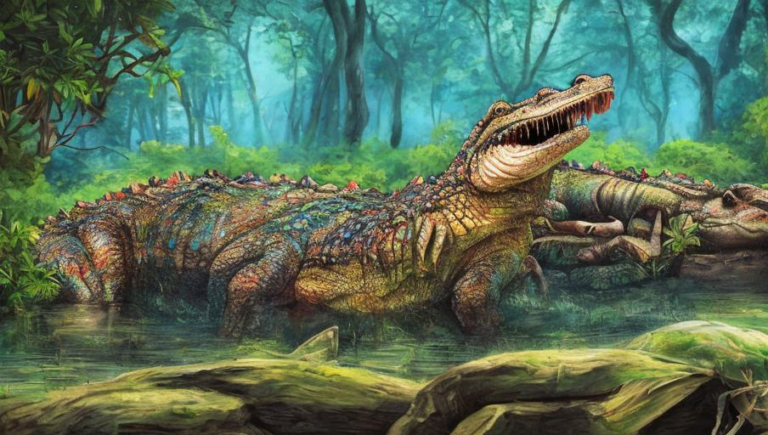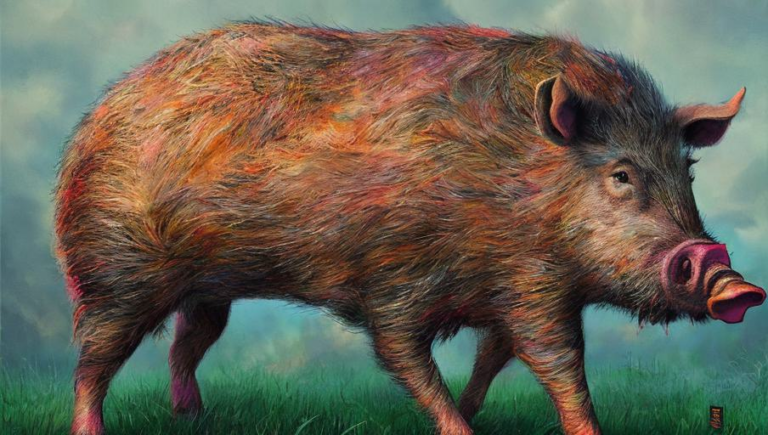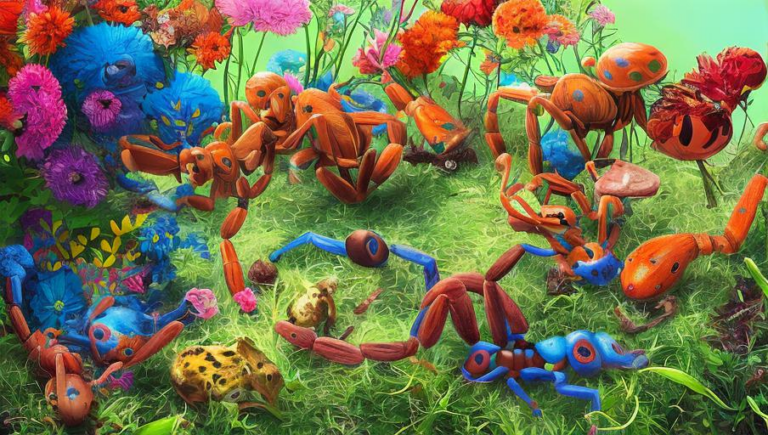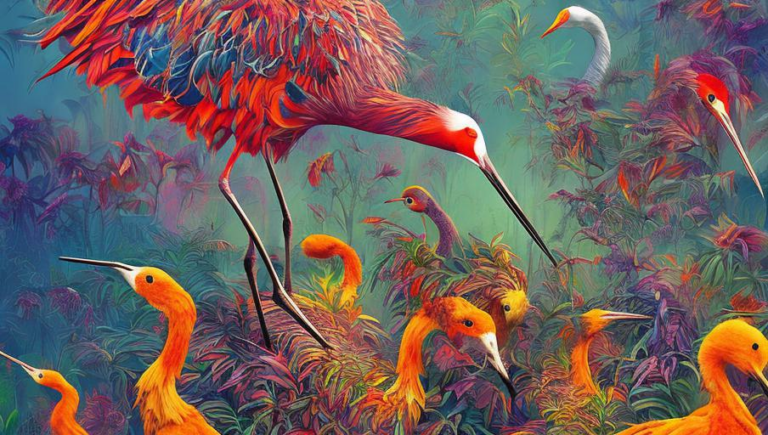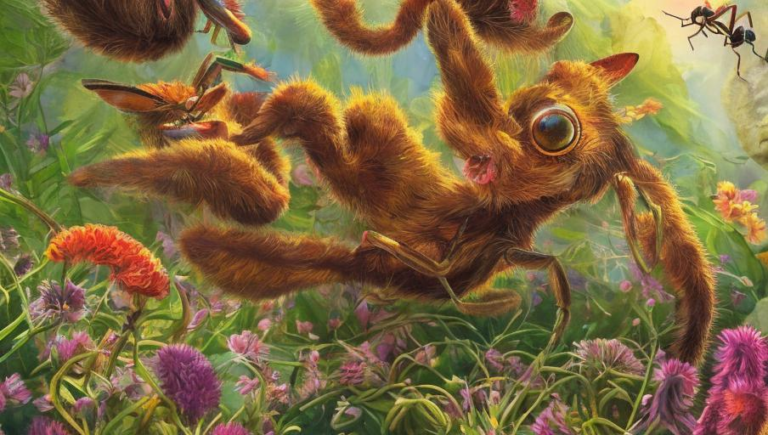Badgering for Food
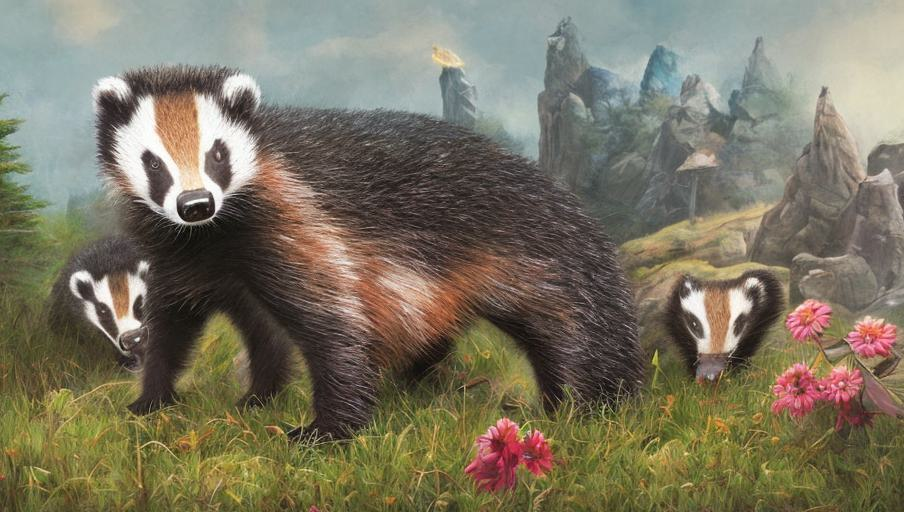
Badgers: Unique Burrowers and Foragers
Badgers are a fascinating species of animals, capable of living both in the wild and in captivity. They have unique foraging and burrowing behaviors that make them highly adaptable. Badgers are omnivorous, meaning they eat a variety of plants and animals, from small rodents and insects to fruits and nuts. They have powerful claws that allow them to dig deep into the ground to find food, and they have an excellent sense of smell that lets them locate food from far away.
Badgers in the Wild
In the wild, badgers can be found in a variety of habitats, such as grasslands, deserts, forests, and wetlands. They tend to live in small family groups, usually composed of a single mother and her offspring. Badgers are also known to live in burrows that they dig themselves. These burrows can be up to 10 feet long and include multiple entrances and exits. Badgers use these burrows for both protection and to store food.
Badgers’ Foraging Habits
Badgers are nocturnal creatures, and they spend the majority of their time foraging for food. During the day, badgers rest in their burrows, and when night falls, they venture out in search of food. They have a strong sense of smell, which helps them locate food underground, such as small rodents and insects. Badgers also forage for fruits and nuts and can climb trees to reach them. Badgers are also known to eat carrion and will scavenge for food in the remains of animals.
Badger Conservation
Badgers are an important species in their ecosystems, as they help keep rodent and insect populations in check. Unfortunately, badger populations are declining due to habitat destruction and hunting. To help conserve badgers, it is important to protect their habitats, such as grasslands, deserts, and wetlands. It is also important to avoid hunting badgers, as it can have a negative impact on their populations. Finally, it is important to be aware of the threats that badgers face and to advocate for their protection.
Conclusion
Badgers are fascinating creatures with unique foraging and burrowing behaviors. They are an important species in their ecosystems, and it is important to take steps to protect them. By protecting badger habitats, avoiding hunting, and advocating for their protection, we can help ensure that badgers will remain a vibrant part of the wild for generations to come.
